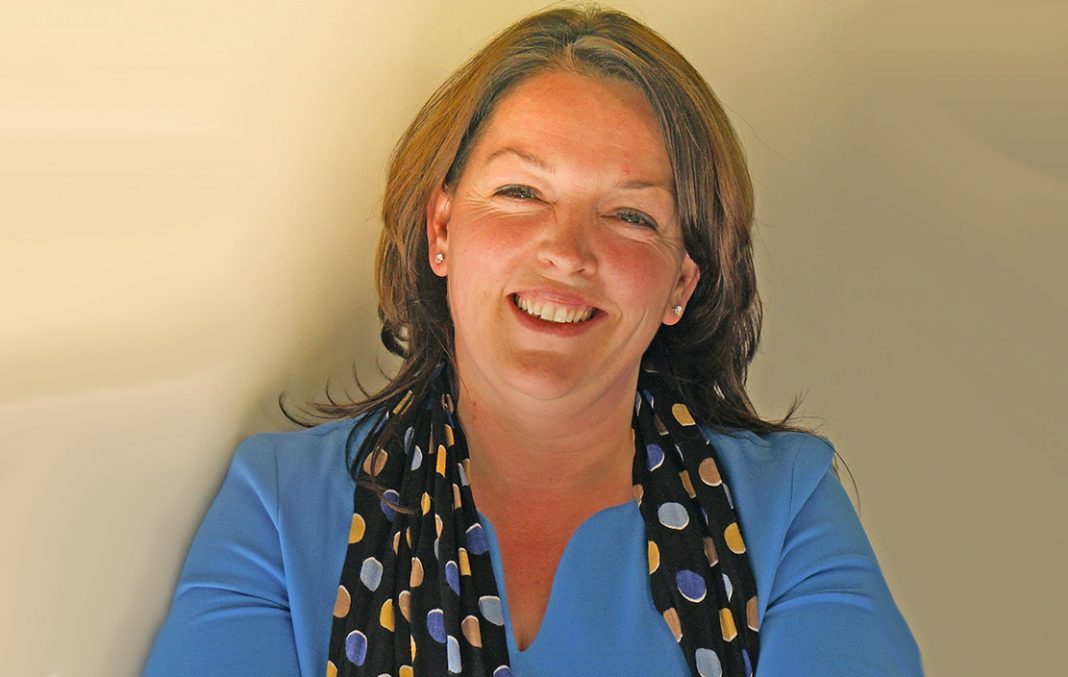FSB has written to Ofgem’s Chief Executive Jonathan Brearley to draw his attention to the issue, and to recognise the “specific, negative impact standing charges are having on small firms,” the letter says.
FSB’s correspondence follows on from a letter to Ofgem regarding standing charges from the Energy Secretary, Claire Coutinho MP, and the Minister for Affordability and Skills, Amanda Solloway MP, sent at the end of March, which highlighted that the Ministers wish to “ensure that bills are fair and affordable for all consumers.”
The points raised by the Ministers’ letter about potential harms to energy customers apply to small businesses as well as households. FSB is asking Ofgem to investigate the impact of high standing charges for small business customers, with the issue made more pressing by the economic challenges small firms are facing at the moment.
One small firm whose owner got in touch with FSB reported an increase in the business’s daily standing charge from 70.94p per day in July 2021 to 969.64p per day in September 2023 – over 13 times higher.
Small businesses based in rural areas have been disproportionately affected by standing charge increases, which exacerbates the existing rural-urban divide and “[undermines] efforts to level up more remote parts of the UK,” FSB’s letter says.
Standing charges are used to fund network infrastructure, operating costs, and policy costs for schemes such as the Warm Home Discount, but this can be difficult for small firms to comprehend. Business customers are not covered by the energy price cap for consumers and many small firms suspect that their costs have been hiked as a result.
The Ministers’ letter makes the point that “the growing number of energy users striving to consume energy more efficiently and help towards achieving net zero see standing charges as a disincentive to doing so.” This is highly pertinent to small businesses, the majority of whom are keen to play their part in reducing carbon emissions, and underlines the need for greater transparency around what standing charges are actually used to fund.
Ofgem has asked for views on standing charges via a Call for Input, to which FSB has responded. The cost of utilities continues to be cited as a major driver of increased costs for small businesses, with three in five small businesses (62.5%) reporting this in FSB’s Small Business Index for Q4 2023.
FSB’s Policy Chair, Tina McKenzie, said: “We want Ofgem to do a thorough review of standing charges for businesses as well as consumers, for better transparency and to discern whether energy companies are behaving fairly towards their small firm clients.
“Small business energy customers behave in a way more akin to consumers than big businesses, lacking the resources, the expertise and the buying power necessary to get the best possible deal out of their energy suppliers. However, they do not benefit from anything like the same level of protection as that rightly available to households, leaving them caught between two stools.
“Many small businesses could be forgiven for suspecting that they have been seen as something of a soft target for price hikes in their standing charges, and they do not have a full picture of where the money they pay on a daily basis is going – something that needs to change.
“Small firms were put through the wringer by the energy price crisis, which sadly spelled the end for many otherwise viable businesses who saw their utility bills become completely unmanageable.
“The price increases which led to the crisis have thankfully eased off to an extent, but many thousands of small firms are now stuck on tariffs which are far higher than before, which is a leading driver of cost increases.
“While it’s possible for most firms to cut their energy use – something which many did in response to spiralling bills – the standing charge must be paid day in, day out, so ensuring that small firms aren’t being fleeced is absolutely vital.
“We’re very keen to hear what Ofgem’s next steps in this area will be, to ensure that small firms pay standing charges that are fair and transparent, no matter where they’re based.”



